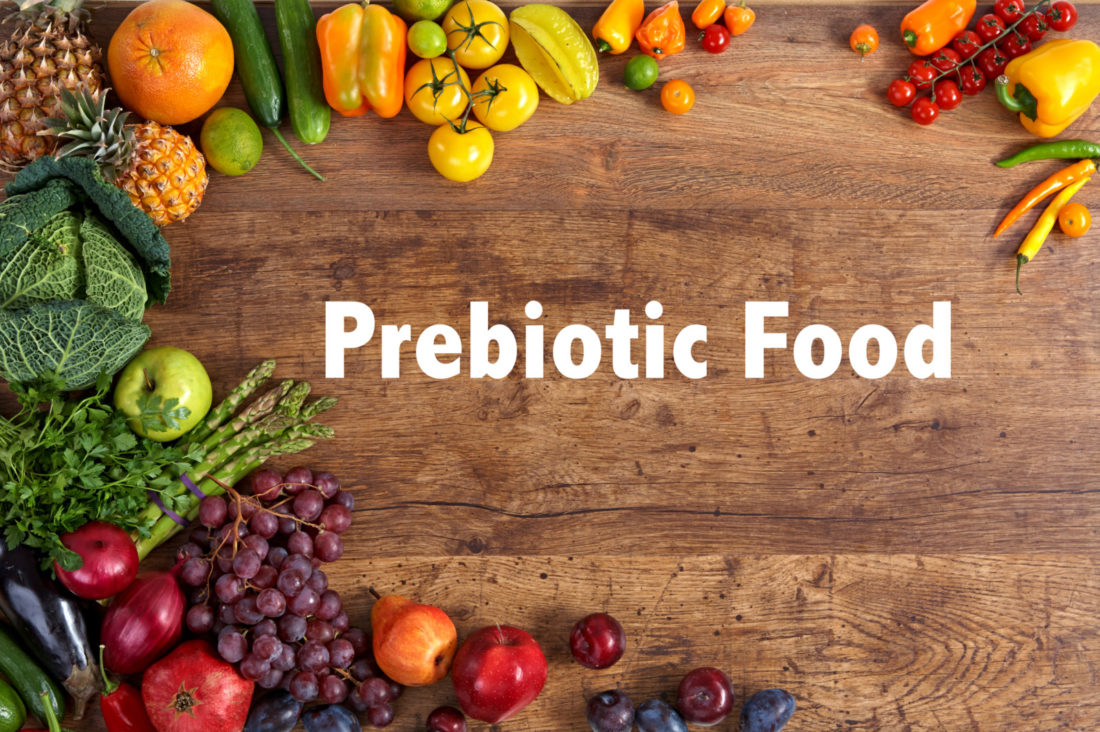Food for human consumption is typically made from plants and animals but we also eat other products such as fermented foods and fungus mushrooms truffles etc

Food: More Than Just Plants and Animals
When we think about the food we consume on a daily basis, we often associate it with plants and animals. However, our diets go beyond just these two categories. There are other products that we consume that may not immediately come to mind but play a significant role in our culinary experiences - fermented foods and fungus.
Fermented Foods: A Tasty Transformation
Fermented foods have been part of human diets for centuries. They are not only delicious but also offer numerous health benefits. Fermentation is a natural process in which bacteria, yeast, or other microorganisms break down carbohydrates in food, converting them into alcohol or organic acids.
One of the most popular examples of fermented food is yogurt. This delectable treat is made by the bacterial fermentation of milk. Apart from its creamy texture and tangy taste, yogurt is a great source of probiotics – beneficial bacteria that promote a healthy gut and aid in digestion.
Sauerkraut, another beloved fermented food, is made from finely shredded cabbage that undergoes lactic acid fermentation. This process not only enhances the flavor but also increases the nutritional value by adding essential vitamins and minerals to the mix.
The Fungal Magic: Mushrooms and Truffles
We often associate fungi with mushrooms and truffles, but did you know that they can also be a valuable addition to our diet? Fungi are a group of organisms separate from plants and animals, and they play a crucial role in providing us with an array of food options.
Mushrooms, an edible type of fungi, come in various shapes, sizes, and flavors. They are not only versatile in culinary applications but also offer several health benefits. Loaded with nutrients and antioxidants, mushrooms are known for their immune-boosting properties and have even been studied for their potential to fight cancer and lower cholesterol levels.
While mushrooms are widely accessible and consumed, truffles are often seen as a luxurious delicacy. These aromatic fungi grow underground, forming a symbiotic relationship with tree roots. Truffles are highly prized for their intense, earthy flavor, making them a sought-after ingredient in gourmet cuisine.
Diving Deeper into the World of Fungi
To appreciate the diverse role that fungi play in food, let’s delve a bit further. Fungi are not only invaluable in the culinary world but also demonstrate incredible ecological importance. They are the primary decomposers in ecosystems, breaking down organic matter and returning essential nutrients to the soil.
Moreover, certain species of fungi contribute to the bread-making process. Yeast, a type of fungus, is responsible for fermentation in dough, leading to the formation of carbon dioxide gas, which makes the bread rise and gives it a soft texture.
So, the next time you sit down to enjoy a meal, take a moment to acknowledge the fascinating contribution of fermented foods and fungi to the flavors, textures, and overall culinary experience. From the tangy yogurt on your breakfast table to the savory mushrooms in your pasta, these lesser-known elements of our diet truly make a big impact.


Image Source: OpenStax Concepts of Biology
Related Posts
Quick Links
Legal Stuff

